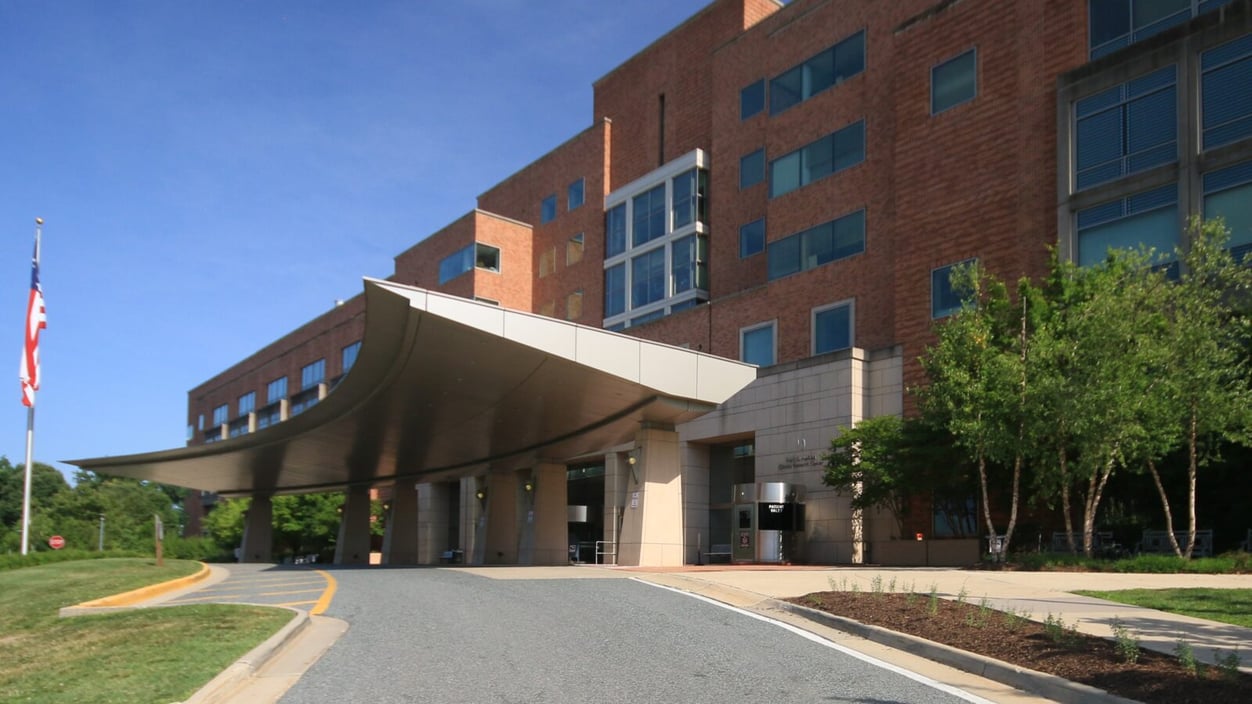science
What will become of the NIH’s crown jewel?

NIH
The NIH Clinical Center — the nation’s largest hospital devoted solely to medical research — is in crisis. In 2023, the hospital ran around 1,500 studies with a permanent staff of more than 1,800 federal workers. But amid continued disruptions from the Trump administration, researchers are leaving, technicians have been let go, studies are facing major delays, and some patients are deciding to drop out of the hospital’s research. Even more distressing for some: New enforcement of a visitor policy requiring patients who aren’t citizens or permanent residents to enter a registry, effectively closing off the hospital to anybody undocumented.
“The party line is that we can bring patients in, and we should be encouraging patients to come in,” one researcher said. “But the reality is that with all this uncertainty, and you don't know who the people are that got fired, how safe is it for you to bring patients in?” Read more from STAT’s Jonathan Wosen and Jason Mast.
one big number
15,000
In the U.S., 164,000 deaths were related to wildfire fine particulate matter between 2006 and 2020. About 15,000 of those deaths are directly attributable to climate change, according to a paper published Friday in Nature Communications Earth & Environment. As always, there’s also a financial cost: The cumulative economic burden from the climate change attributable deaths over the same years was $160 billion, according to the study. To calculate these numbers, researchers compared actual levels of wildfire smoke to what they might have been without climate change, estimating the change in additional deaths.
It’s certainly a big number, but not a wholly unsurprising one. Last summer, another study linked more than 52,000 early deaths in California alone with chronic exposure to the same wildfire particulate matter. And of course, these harmful health effects are often compounded for people of color.
policy
Poll shows how little people trust federal health agencies
Less than half of Americans who took part in a new KFF Health Tracking Poll say they have at least “some confidence” in federal health agencies like the CDC and FDA to carry out their core responsibilities. Just 32% have at least some confidence that the agencies can act independently without interference from outside interests, per the poll published this morning.
The results come from an online survey of more than 1,300 people last month. The overall level of trust in federal institutions is similar to what previous polling showed in September 2023, but there has been a major shift between the two political parties. The number of Democrats who say they trust the CDC and FDA has dropped by nearly 20 percentage points, KFF noted, while the share of Republicans who trust the agencies has increased by 10 points.
Another interesting data point: About 60% of respondents said that Trump’s federal health agencies are not paying enough attention to science. Of course, the poll only asked about the amount of attention, not the quality or type of attention given. But scrolling through Usha Lee McFarling’s timeline of everything that’s happened in health and science over the administration’s first 100 days, it’s clear that some kind of attention is being paid.


